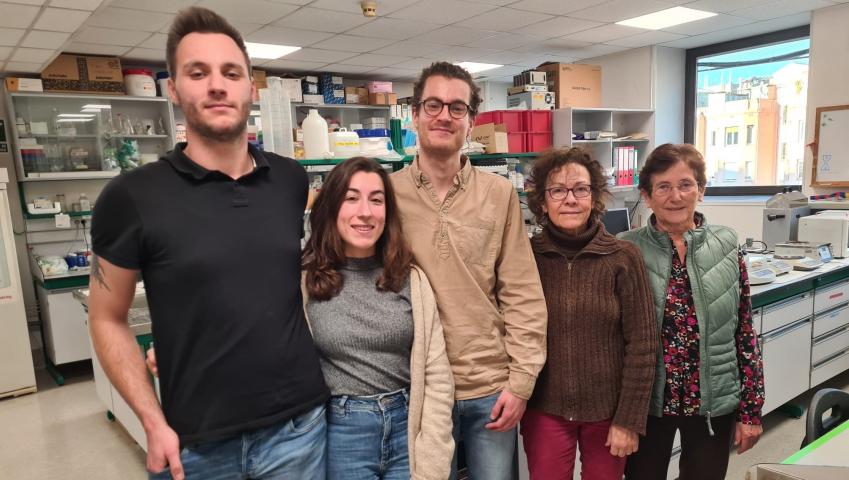


Aging and Neurodegeneration


The progressive gain in life expectancy in most countries leads to an increase of elderly population, and consequently, of the incidence of aging-related neurodegenerative diseases. The most extended is Alzheimer’s disease, with more than 26 millions affected people worldwide. This number is estimated to be quadruplicated by 2050. Our research team is committed to find new therapeutic strategies to fight against the brain alterations underlying cognitive loss in the pathological aging. The research is planned for activating or reinforcing endogenous neuroprotective mechanisms in experimental systems in vitro and in vivo. We use cell cultures, animal models and postmortem human tissue.
Our short term objectives are: 1) Investigation of the neuroprotective and anti-aging effect of longevity proteins of the Sirtuin family. We study the overexpression/activation of Sirt1 in neurons in vitro and in the senescence accelerated prone SAMP8 mouse in vivo. 2) Study of the beneficial effects of voluntary exercise as anti-neurodegenerative therapy. We analyze the effects induced on learning and memory loss in the Alzheimer’s disease triple transgenic 3xTgAD mouse and the underlying mechanisms of neurotransmission, oxidative stress, and beta-amyloid and tau pathology. 3) Examination of the astrocyte capacity of rescuing degenerating neurons through experimental activation of survival and neurotrophic factor genes in these glial cells. The goal of this study is to develop strategies to reinforce neuroprotective capacity of aged astrocytes. 4)Epigenetic impact of lifestyle-based interventions.
These studies are performed in collaboration with other national and international research teams, with projects financed by the Ministerio de Ciencia e Innovación, the Ministerio de Sanidad and the Fundació La Marató de TV3.
-
Associated Personnel

